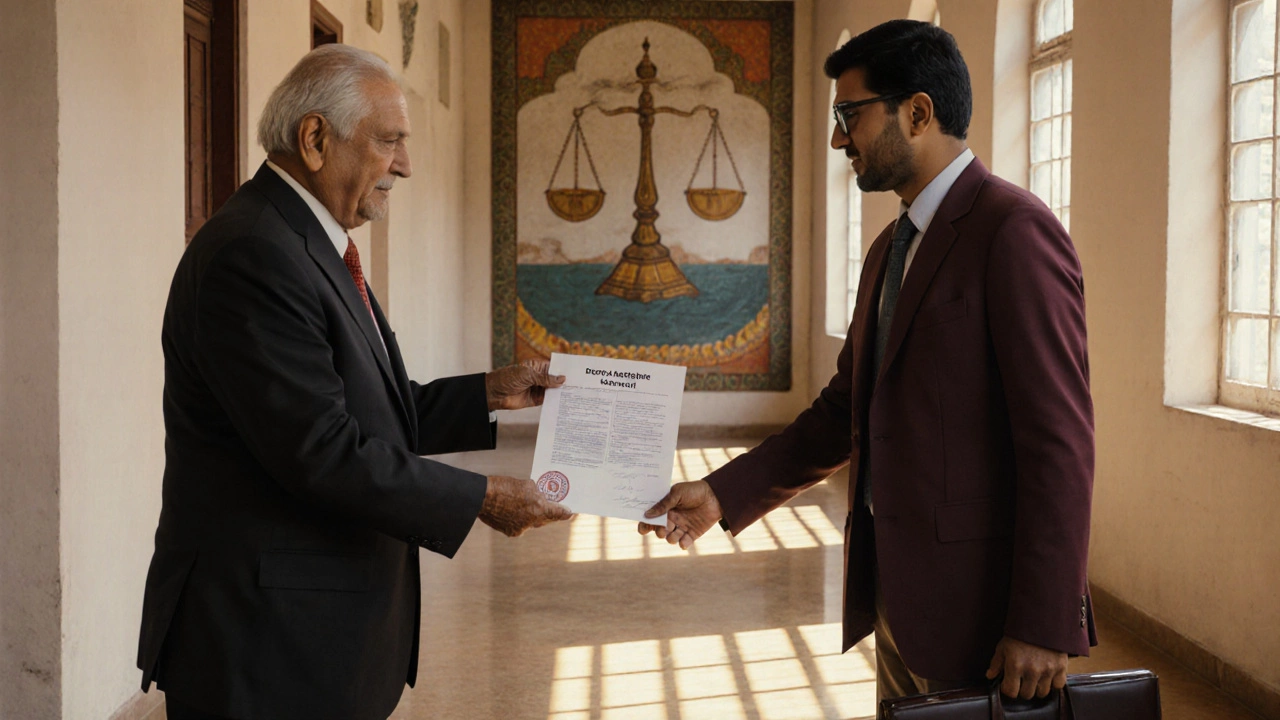Remarriage Waiting Period in India – What You Need to Know
When talking about remarriage waiting period in India, the legally required time a person must observe before entering a new marriage after divorce, death of a spouse, or annulment. It is also called the re‑marriage cooling‑off period. This pause helps ensure all legal matters settle and protects the rights of former partners and children.
In most cases the waiting period ties directly to divorce in India, which triggers a series of obligations under personal laws. For widows and widowers, the period is often linked to widow remarriage law. Though the exact days differ, the principle stays the same: give the parties time to sort finances, custody, and emotional adjustments before tying the knot again.
Legal Foundations of the Waiting Period
The core statutory reference is Section 125 of the Criminal Procedure Code, which mandates maintenance for a divorced or separated woman and often influences the cooling‑off timeline. Additionally, the Hindu Marriage Act prescribes a six‑month interval after a decree of divorce before a new marriage can be registered. Muslim personal law, Special Marriage Act, and other religious codes have their own nuances, but all embed the idea of a protective gap.
These laws create a clear subject‑predicate‑object chain: "Remarriage waiting period in India → requires → compliance with personal law statutes." They also show how the waiting period influences related concepts such as alimony, child support, and property division.
Practically, the waiting period affects how you plan your next steps. Financial settlements often finalize during this window, which means bank accounts, property titles, and maintenance orders are cleared before a new marriage can be recorded. Child custody arrangements are also solidified, giving parents and kids stability. Emotionally, the pause offers a chance to reflect, seek counseling, and avoid rushed decisions that could lead to future disputes.
Variations emerge across communities. For Hindus, the six‑month rule is standard, but the Special Marriage Act imposes a three‑month gap for civil marriages. Some Muslim courts apply a three‑month cooling period for divorcees, while widows under certain state laws may wait only 30 days. Age also matters; younger individuals often face stricter scrutiny to prevent child marriage. These differences illustrate how matrimonial jurisprudence tailors the waiting period to social and cultural contexts.
Understanding these layers helps you navigate the process smoothly. Whether you are preparing for a second marriage, counseling a client, or simply curious about your legal rights, knowing the exact waiting period, the statutes that enforce it, and the practical steps to comply can save time and avoid costly mistakes.
Below you’ll find a curated set of articles that dive deeper into related family‑law topics—ranging from divorce timelines and property settlements to widow rights and the impact of personal laws. Each piece offers actionable insights, so you can plan your next chapter with confidence.

Remarry After Divorce in India: Rules, Waiting Periods & Steps
Learn if and how you can remarry after divorce in India, covering legal waiting periods, required documents, steps to register a new marriage, and common pitfalls.